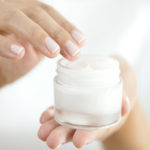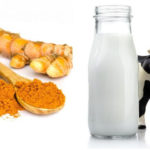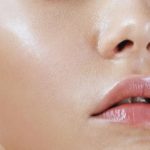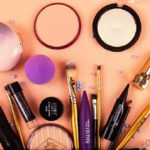To achieve flawless skin, incorporating cosmetics into your skincare routine is essential. In this article, we will explore the do’s and don’ts of combining products with retinol to maximize its effectiveness. Let’s begin!
1. Products That Work Well with Retinol
Ferulic Acid
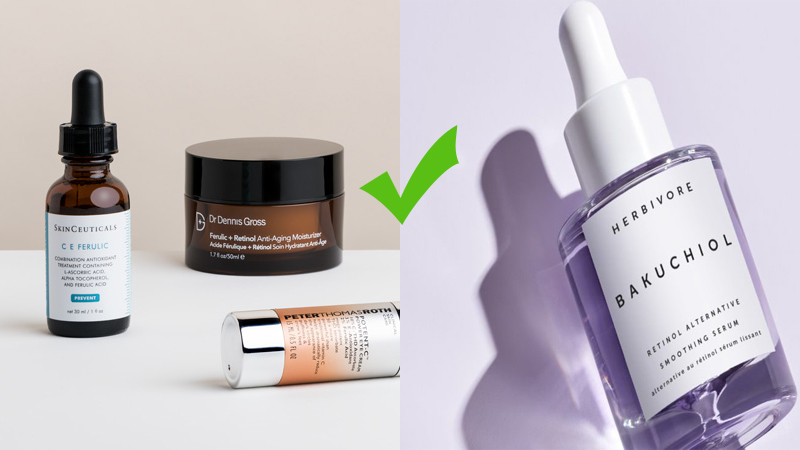 Ferulic Acid enhances retinol’s effectiveness
Ferulic Acid enhances retinol’s effectiveness
Ferulic Acid is a powerful antioxidant that shields retinol from UV rays and heat, which can cause oxidative stress and reduce its potency. By combining these two ingredients, Ferulic Acid boosts retinol’s performance, working synergistically with other actives to nourish and protect your skin.
Moisturizer
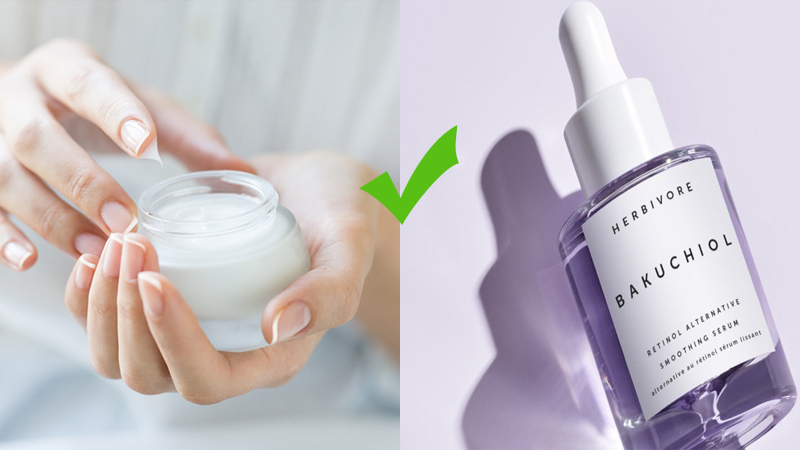 Moisturizer helps counteract retinol’s drying effects
Moisturizer helps counteract retinol’s drying effects
Retinol can be drying and irritating to the skin, especially during the initial stages of use. Applying a generous amount of moisturizer helps counteract these side effects by providing much-needed hydration and locking in moisture, ensuring your skin stays supple and comfortable.
Sunscreen
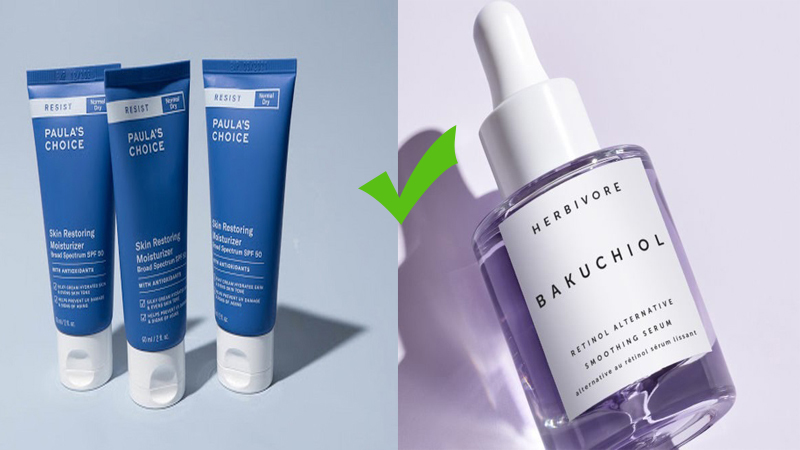 Sunscreen protects against sun damage
Sunscreen protects against sun damage
Retinol accelerates cell turnover, revealing newer, younger skin. However, this also means that your skin is more vulnerable to sun damage. Applying sunscreen is crucial to shield your skin from UV rays and prevent further skin issues.
Niacinamide
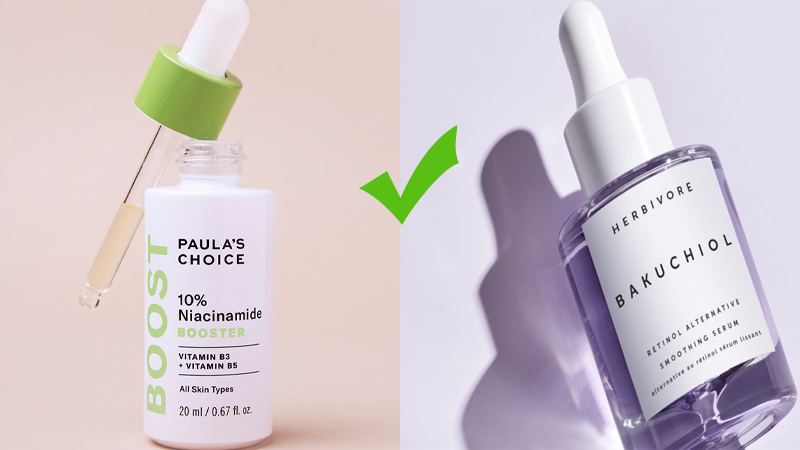 Niacinamide helps combat acne and promotes soft, hydrated skin
Niacinamide helps combat acne and promotes soft, hydrated skin
Niacinamide is renowned for its anti-inflammatory and acne-fighting properties, and it also boosts your skin’s protective barrier. As retinol can be irritating and may trigger breakouts, combining it with niacinamide helps mitigate these side effects, resulting in clearer, softer, and more hydrated skin.
Hyaluronic Acid
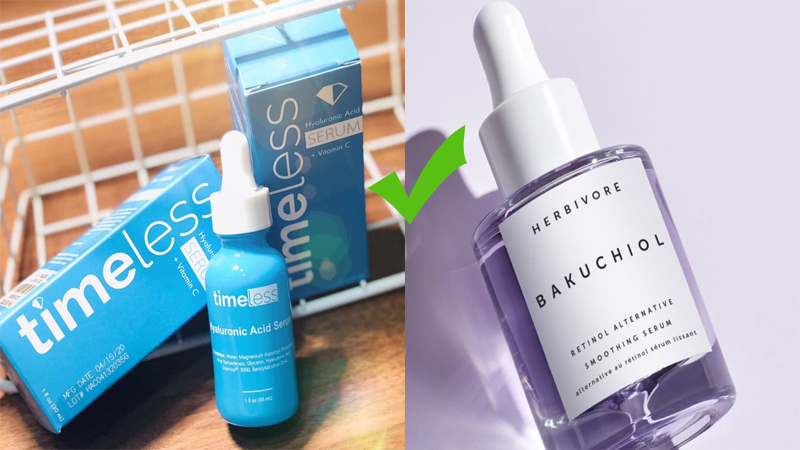 Hyaluronic Acid provides intense hydration to counteract retinol’s drying effects
Hyaluronic Acid provides intense hydration to counteract retinol’s drying effects
Hyaluronic Acid is a superstar hydrator that plumps and moisturizes the skin, reducing the dryness and flaking commonly associated with retinol use. It also supports retinol’s anti-aging benefits, promoting a youthful complexion.
Peptides
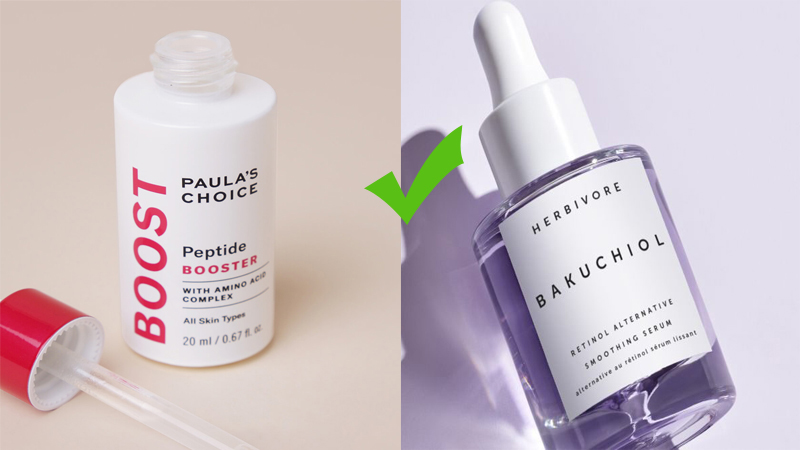 Peptides nourish and support skin cell function
Peptides nourish and support skin cell function
Peptides are the building blocks of proteins like collagen and provide essential nutrients like vitamin E. By combining peptides with retinol, you can nourish and support skin cell function while combating irritation, dryness, and sensitivity.
Hydroquinone
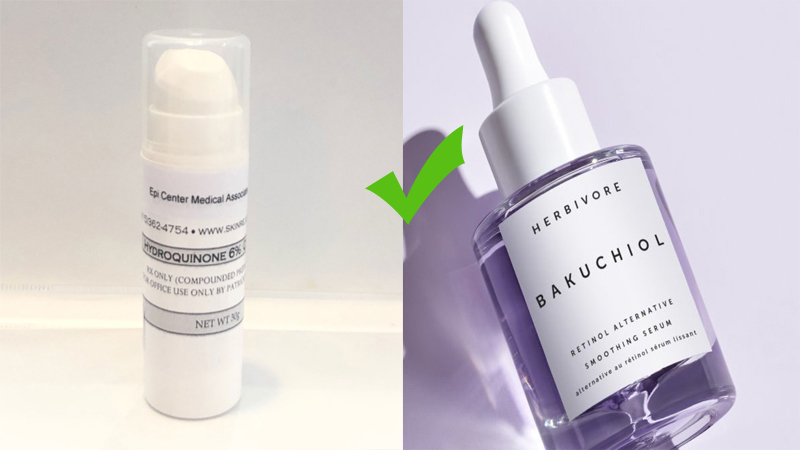 Hydroquinone and retinol work together to fade dark spots
Hydroquinone and retinol work together to fade dark spots
Hydroquinone is a skin-lightening agent that reduces the appearance of dark spots. When combined with retinol, it enhances the penetration of hydroquinone into the skin, promoting a more even skin tone by inhibiting melanin production.
2. Products to Avoid When Using Retinol
AHA/BHA
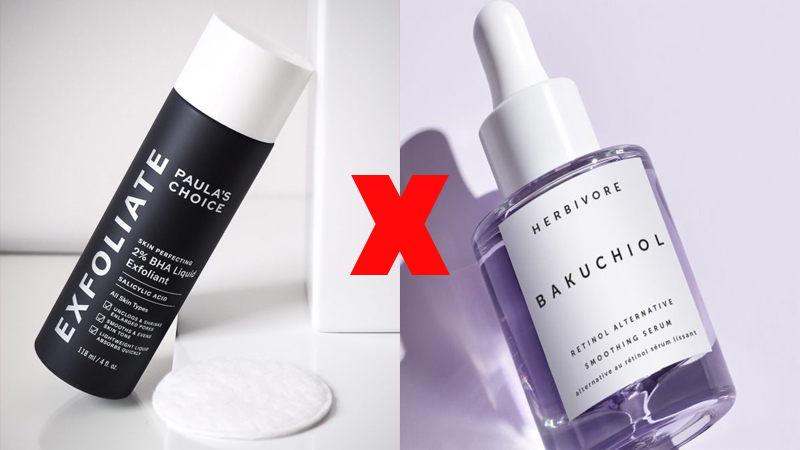 Combining retinol with AHA/BHA can overwhelm the skin
Combining retinol with AHA/BHA can overwhelm the skin
Alpha Hydroxy Acids (AHA) and Beta Hydroxy Acids (BHA) are chemical exfoliants that are widely used. However, when combined with retinol, a potent anti-aging ingredient that accelerates cell turnover and regeneration, it can lead to excessive dryness and irritation.
If you wish to use both, it’s best to apply AHA/BHA first, wait 30 minutes, and then apply retinol. Alternatively, you can use them on alternate nights.
Vitamin C
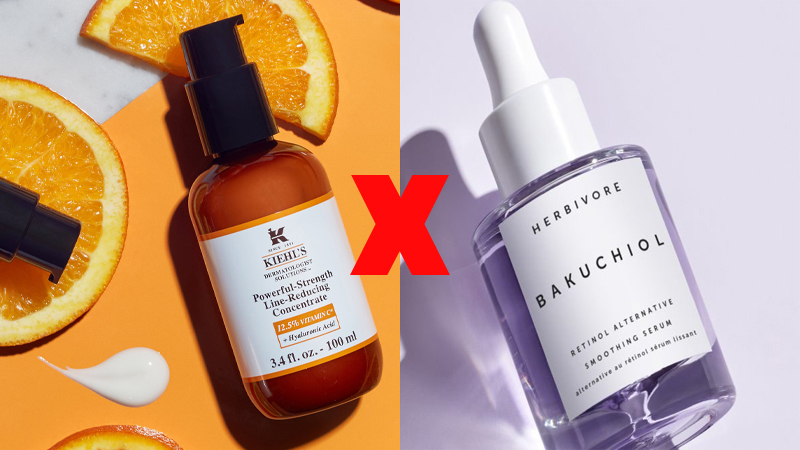 Vitamin C and retinol may cancel each other out
Vitamin C and retinol may cancel each other out
Both vitamin C and retinol stimulate collagen production and brighten the skin. However, they work best at different pH levels—retinol at 5.5-6 and vitamin C at 2.5-3.5. Combining them may render both ingredients ineffective. To use them together, carefully control the dosage, applying vitamin C first and waiting 30 minutes before applying retinol.
Benzoyl Peroxide
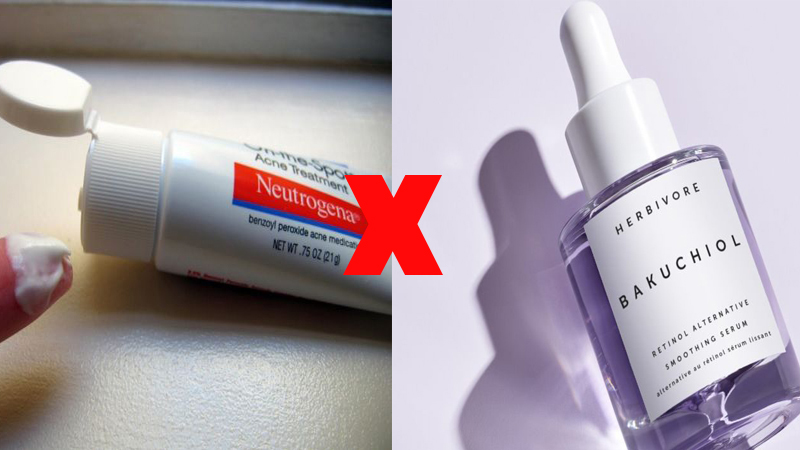 Benzoyl Peroxide and retinol can lead to excessive dryness and irritation
Benzoyl Peroxide and retinol can lead to excessive dryness and irritation
While Benzoyl Peroxide (BPO) is an effective acne-fighting and antibacterial ingredient, it can also be drying and is typically recommended for spot treatment. On the other hand, retinol is meant for all-over application. Using them together can exacerbate dryness and irritation. If you wish to use both, apply benzoyl peroxide to spots first and wait 30 minutes before applying retinol.
Salicylic Acid
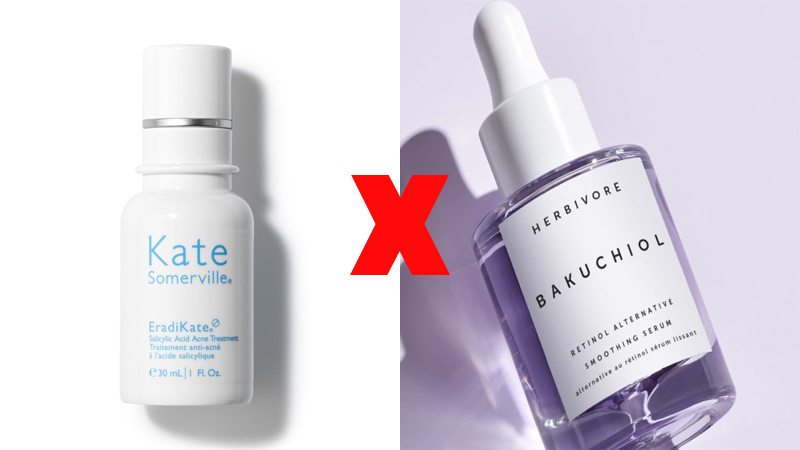 Salicylic Acid is best used after discontinuing retinol
Salicylic Acid is best used after discontinuing retinol
Similar to Benzoyl Peroxide, Salicylic Acid (SA) is typically used as a spot treatment for acne. However, if you have extensive acne, it may be necessary to use SA over a larger area. In this case, it’s best to temporarily discontinue retinol. Once your skin has improved, you can reintroduce retinol into your routine.
We hope you found this information helpful. Now, you can make informed decisions about combining products with retinol to achieve your skincare goals. Remember, knowledge is power when it comes to creating your dream skincare routine!
Do You Need to Refrigerate Your Lotions, Masks, Toners, and Cosmetics?
Are you wondering if you should store your lotions, masks, toners and cosmetics in the refrigerator? Read on to find out the answer.
























